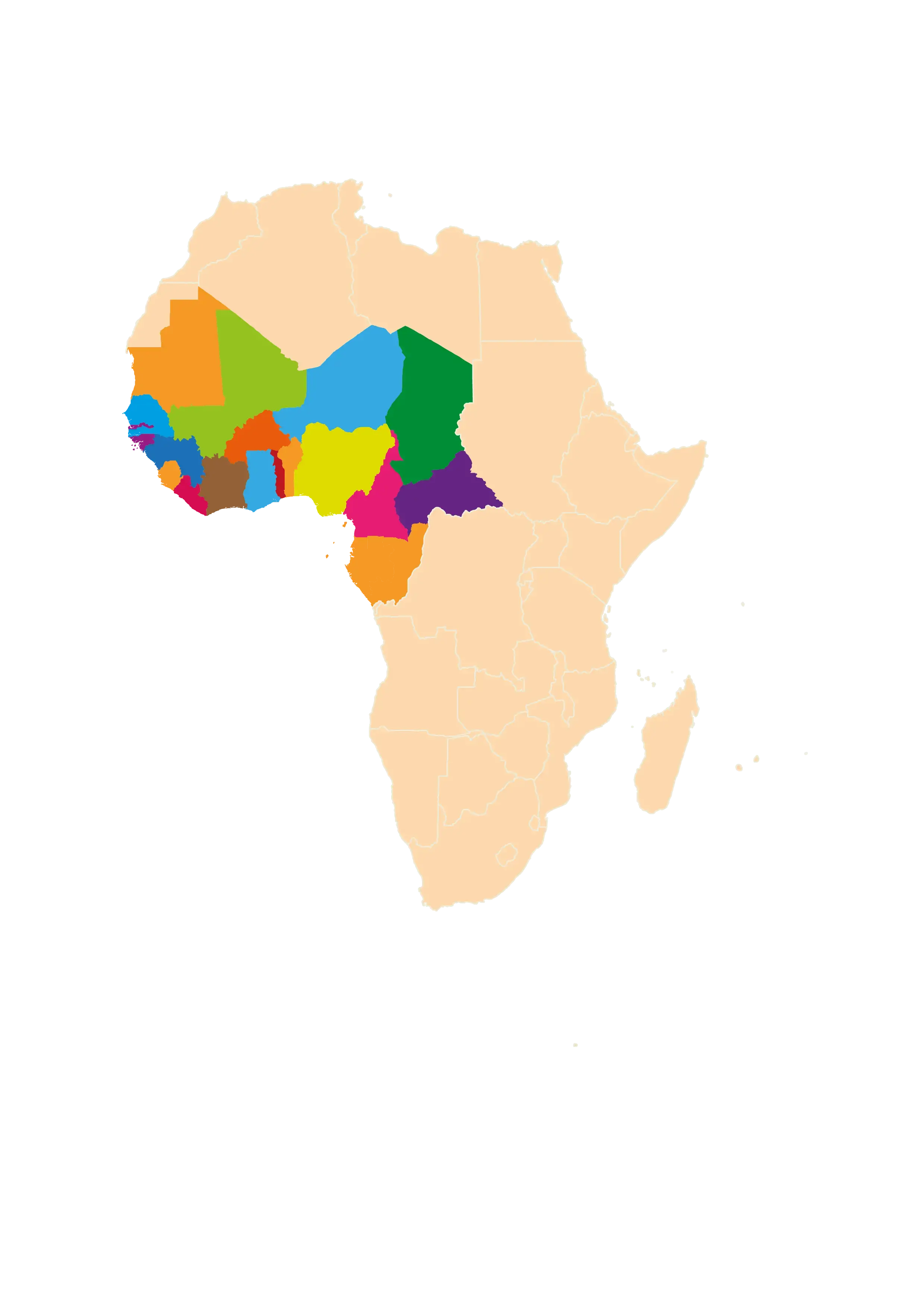FREETOWN, Sierra Leone, 18 September 2015 — Within 24 hours after heavy torrential monsoon rain caused unprecedented devastation in Sierra Leone, especially in the capital city on 16 September 2015, destroying property, injuring many and reportedly claiming seven lives, an estimated 4000 people have been displaced by the incident, and among them a number of pregnant women, lactating mothers and girls of reproductive age, in need of urgent care and protection.
As health infrastructures have been weakened as a result of the impact of the Ebola Virus Disease outbreak and security remains a concern, UNFPA, the United Nations Population Fund in Sierra Leone, as part of the response efforts by Government and humanitarian partners have taken the lead in addressing the health care needs of pregnant women, lactating mothers, new-born and adolescent girls, with the aim of ensuring that no woman dies giving birth and that each woman and girl is protected from violence at the National Stadium and other settlements where the affected displaced population are seeking temporary shelter.
Through combined efforts of the Ministry of Health and Sanitation, UNFPA and other international partners, including WHO and IMC, a displaced clinic for pregnant women and lactating mothers and new-born has been established at the National Stadium to provide essential and lifesaving services including antenatal, post-natal obstetric care, aiming to reduce potential morbidity and mortality due to the impact of the flood.
The clinic, the first of three intended, is staffed with trained medical personnel, including a cadre of 66 trained midwives and nurses from the Ministry of Health and Sanitation and the UNFPA-supported School of Midwifery in Freetown, working in three shifts. Within the first 24 hours following the setting up of the clinic, 46 pregnant women and 141 lactating mothers/children accessed the facility and service. The clinic will continue to be operational on a 24-hour basis until the monsoon rains and its impact subsides.
‘When emergencies like this strike, it increases the vulnerability of women, children and adolescent girls. There is therefore an urgent need for their health, security and well-being to be prioritized, especially when the Sierra Leone Country Disaster Management team has described the flooding incident as the worst in the capital in decades’, says Dr Bannet Ndyanabangi, UNFPA Sierra Leone’s Country Representative.
UNFPA will continue to play a vital role in supporting emergency relief services through the provision of essential Reproductive Health care. This includes supporting the provision of mobile clinics to affected communities outside of the stadium, as well as mobilizing midwives and health workers to provide services to the displaced. UNFPA will also provide essential supplies including dignity kits to displaced women and girls.
In addition to direct service provision to those in need, UNFPA is working closely with Ministry of Social Welfare, Gender, and Children’s Affairs to lead the Registration Pillar of the United Nations Coordinated response effort to the Flood Emergency. With MOSWGCA, UNFPA will identify and disaggregate populations, placing emphasis on identifying those most in need – including pregnant women, lactating mothers, and newborn under 6 months, identifying the vulnerable and working to ensure their health, safety, and rights are prioritized and promoted.
UNFPA, the United Nations Population Fund, delivers a world where every pregnancy is wanted, every childbirth is safe and every young person’s potential is fulfilled.
Referral for more information or media inquiries please contact:
Bannet Ndyanabangi; Tel: +232 79253100 ; ndyanabangi@unfpa.org
Mustapha Sesay; Tel: +232 76 652556; musesay@unfpa.org



